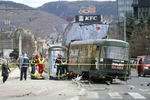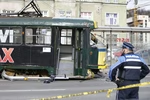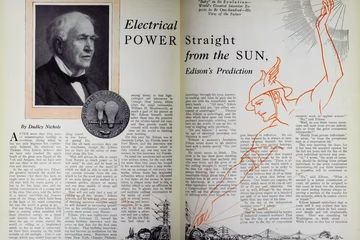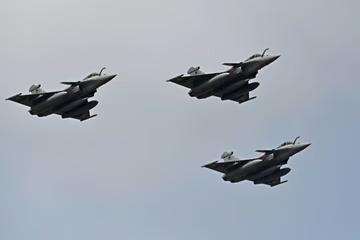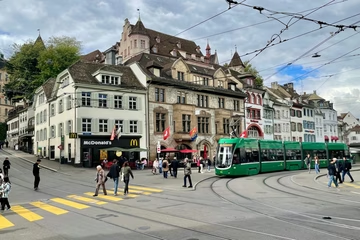Valentin Inzko remembers Lord Ashdown during presentation of Report on Bosnia
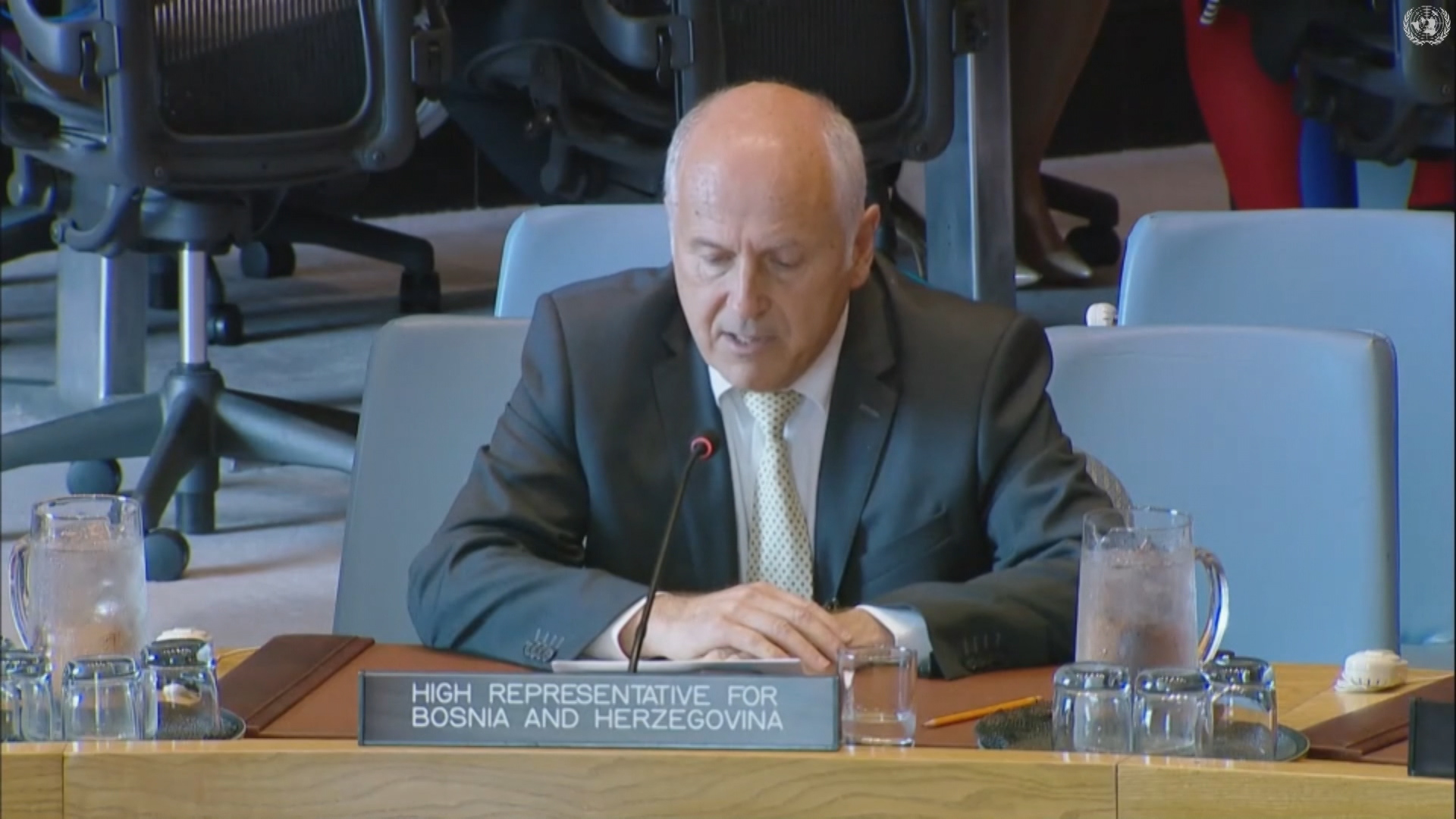
Presenting his biannual report on the state of Bosnia and Herzegovina at the UN Security Council, the international community's administrator in Bosnia, Valentin Inzko, took a moment on Wednesday to remember Lord Paddy Ashdown, the former administrator who served from 2002 to 2004, and who was known as an "advocate for the country and a champion of multilateralism."
"As High Representative, Lord Ashdown led the international community in Bosnia and Herzegovina through a critical period, implementing key provisions of the General Framework Agreement for Peace, building and strengthening the institutions crucial to reintegrating the country and its peoples," Inzko said before presenting the report.
After leaving British politics, Lord Jeremy John Durham Ashdown became the international community's High Representative, a function created under the Dayton Peace Agreement for the sake of overseeing the civilian implementation of said Agreement, which ended the 1992-1995 bloody war in Bosnia.
During his term in office he strengthened Bosnia's central state institutions, and formed some new ones like the State Investigation and Protection Agency, a state level law-enforcement agency dealing with high-profile cases, and brought the two ethnic armies under a central civilian command – the Army of the Federation of Bosnia and Herzegovina and the Army of Republika Srpska during the military reform. This reform is said to be the best institutional reform in the country.
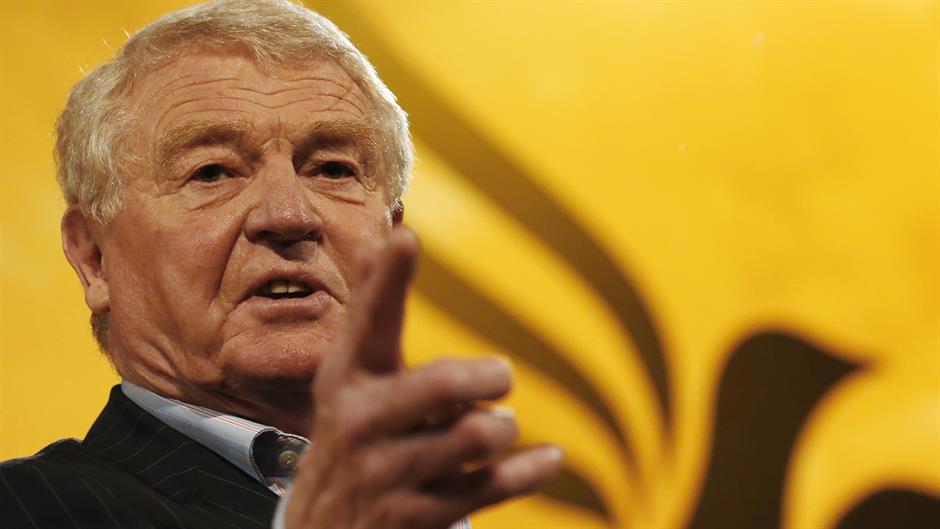
Inzko said that Lord Ashdown was quoted as saying of Bosnia and Herzegovina that it is the place one cannot leave behind.
"And he showed this to be true. Until the very end of his life, even just days before his passing, Lord Ashdown remained a vocal advocate for the country, and a champion of multilateralism in an increasingly complex world," the High Representative said.
Lord Ashdown is regularly criticised in Bosnia's Serb dominated entity of Republika Srpska (RS) whose politicians often claim he wanted to destroy the RS and that it was him who did the most to make Bosnia an impossible state to maintain.
In December 2018, The Serb member of Bosnia's Presidency and Bosnian Serb leader Milorad Dodik said that the high representatives the international community has been naming to govern Bosnia were "international criminals" and "con artists" who have violated international law and should be sued, particularly mentioning Lord Paddy Ashdown.
"The High Representative is an international criminal who violated the Dayton Peace Agreement," he said. He singled out Paddy Ashdown, saying that the former High Representative is "now lecturing Croatia about what it should do instead of facing some international court for violating international law," Dodik said.
It is time for Ashdown to finally keep silent or be sued by serious countries like Serbia and Croatia, he said."This would be the right measure toward him. He undermined Bosnia and Herzegovina and gave it the fatal punch, and that's why he is now trying to defend it," Dodik said.
But Speaking to BBC Radio 4's Today programme, Lord Ashdown said in May 2018 that the European Union has already accepted Croatia as a member, and if it would now accept Serbia as well, the situation in the Balkans would lead to an isolation of Bosniak Muslims which could lead to a new conflict.
"The only people who are left out, isolated, surrounded by their enemies, are the Bosniak Muslims," Ashdown said, adding that "that is exactly the situation of 1992."
He warned that with this situation on the ground now "the European Union, in its, ignorance, backed up by the Western powers, is now inadvertently following the policies, delivering the plans" of wartime Serbian President Slobodan Milosevic, wartime Croatian President Franjo Tudjman, convicted war criminal Radovan Karadzic and his general Ratko Mladic, also a convicted war criminal.
"I don't think Bosnia will go to back to war, I don't think that is the immediate problem," Lord Ashdown said. "But if you allow the Muslims to be isolated in Central Bosnia, with (Turkey's President) Erdogan prowling along the edges on one side, and Russia interfering on the other, I cannot see how this does not end up as a return to conflict," he said.
After the RS parliament annulled the 2004 Srebrenica Report on the genocide committed by the Bosnian Serb forces in this eastern-Bosnian town, killing some 8,000 Bosniak men and boys in a matter of days, Ashdown told N1 that "Bosnia cannot build its future by attempting to ignore its past."
"Neither the RS National Assembly nor any other institution can change what the world had seen and what the world knows to be the truth. Such behaviour makes no favours for them or the people they represent. As events from the past show us, those who deny history are almost always destined to repeat it," the former High Representative to Bosnia and Herzegovina, told N1.
But Serbs were not the only ones who had some disagreements with Ashdown. Speaking about him at his commemoration in Sarajevo, Adnan Terzic, who was the Chairman of Bosnia's Council of Ministers between 2002 and 2007, said that there were high and low points in his relationship with Ashdown.
"There were some deep disagreements, especially regarding decisions that influenced the fate of individuals, but the result was always progress and prosperity," he said.
Despite being disliked by politicians from the Bosnian Serb part of the country, Republika Srpska, the Bosniaks, however, approved of his performance in the country.
Lord Paddy Ashdown died last December at age 77 after a short illness.
Kakvo je tvoje mišljenje o ovome?
Učestvuj u diskusiji ili pročitaj komentare





 Srbija
Srbija
 Hrvatska
Hrvatska
 Slovenija
Slovenija
















